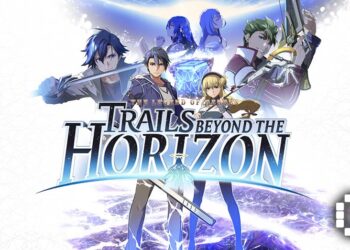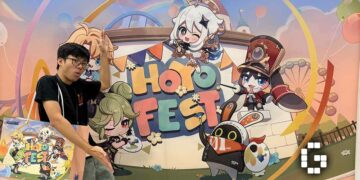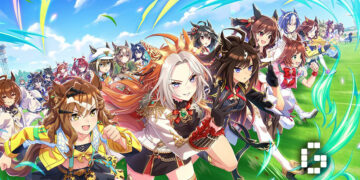Gamescom Asia 2022 is back in full force with it returning as a physical event, and we had the opportunity to speak with Mathias Kuepper, the Organiser of Gamescom in an interview.
 In this interview, we asked Mathias’ thoughts on Gamescom Asia, the game industry as a whole as well as ways to helping out indie game developers in the SEA region.
In this interview, we asked Mathias’ thoughts on Gamescom Asia, the game industry as a whole as well as ways to helping out indie game developers in the SEA region.
[Interview is edited for clarity]
How does it feel to have Gamescom Asia back in person like this?
Mathias: I feel super happy about it, and I see a lot of smiles from people’s faces. A lot of people haven’t seen each other for so long. I mean, that’s what we do, we bring people together. Sure, we did a lot of online [events] as well, and while you’re gaming, you could stream but you can’t replace what you see here.
I think that we are very happy that we’re back. We could finally realise the dream we had back in 2019 to start Gamescom here in Singapore.
I think the experience of seeing a developer who may have worked on an indie game you like, hanging out at the bar is cool.
Mathias: Yeah, exactly. Those are the opportunities that you don’t get anywhere else. Even if you accidentally get to know people, it’s not all about direct business transactions, it’s about building a network and seeing opportunities, being inspired. That’s what we want to do here.
With more eyes on the games industry following its growth during the pandemic, do you think there’s more pressure in the industry to produce financial results?
 Mathias: I think overall, the pressure to make money is everywhere. Every industry needs to make money at some point. Of course in the beginning, there are more business coming in. But like in any other industries, you see those with good concepts and good content to survive and they make money, but others don’t make it. But I think that is something which the markets control.
Mathias: I think overall, the pressure to make money is everywhere. Every industry needs to make money at some point. Of course in the beginning, there are more business coming in. But like in any other industries, you see those with good concepts and good content to survive and they make money, but others don’t make it. But I think that is something which the markets control.
There’s also what we wanted to add is the experience to see how people react when they try our games, it all helps companies. But in the business of making money, there was an era in the industry where a lot of people had talked about NFTs.
Companies are experimenting with things and not everything works out. Everything has future and overall I think the industry is healthy.
Considering Gamescom has the main Gamescom and Gamescom Asia. Do you notice anything different about the SEA game dev scene since they have a bigger presence here?
 Mathias: Overall, there isn’t really much of a big difference. Of course, you can see the cultural differences and how they approach things. You have a lot of creativity in the region and the skills are there, so there isn’t much of a fundamental difference, I would say.
Mathias: Overall, there isn’t really much of a big difference. Of course, you can see the cultural differences and how they approach things. You have a lot of creativity in the region and the skills are there, so there isn’t much of a fundamental difference, I would say.
The games itself have a different local flavour. I think overall the region has a lot of potential and has a lot of good stuff coming out this region. That’s why the publishers are all so interested to come here and meet.
In the coming years, more indies are arriving and they can use this platform to find ways to get their games out in the market.
Considering the popularity of mobile games in the region, do you think they’ll have a bigger role to play in the coming years?
Mathias: I think the important part of mobile games is that it enabled the industries to grow so quickly. You know how if you have to push out consoles first, it’s a much bigger investment upfront for everybody. With mobile games, you get it to hand it out quickly and everyone can play it. I think that’s really important.
Games wouldn’t have this success story here if wouldn’t be through the mobile platform. You have the mature market where the consoles play a bigger role, even their mobiles are coming very strongly. You have consoles here but I think mobile gaming plays a big role that helps the gaming industry.
There is also where mobile game splits, where some push to look like console games while some want to have a mobile experience. What are your thoughts on this?
 Mathias: This is an experiment from the publisher’s side to see how you can have the biggest reach. There’s no one side for this nor the ultimate solution. I think it’s good to have different channels overall.
Mathias: This is an experiment from the publisher’s side to see how you can have the biggest reach. There’s no one side for this nor the ultimate solution. I think it’s good to have different channels overall.
I wouldn’t say one is better than the other, its more to different needs.
Can you tell us more about Gamescom Asia’s commitment to helping indie games in the region?
Mathias: It’s what I mentioned earlier, it’s a very big part in what we do in Germany with our show. The biggest area in the show by itself, apart from the major publishers is the massive indie area.
That’s the push we wanted to show, that next year and the coming years we would have the same concept with the indie area, where we see indies from each countries in Southeast Asia.
We understand that the indies don’t have the kind of money to say “I’m taking a big booth and want to have a big presence out here”. So that’s where we’re now working on, to have it set up and conceptualise it with government subsidies that can help them to come here.
The key is to bring in all the indie developers to one platform. That’s more attractive to the publisher to see them in one spot instead of travelling through the region to see them one by one.
I think they benefit from the networking that this kind of event gives?
 Mathias: Yeah exactly. They get out and what they see here will help them to develop further. They’re able to see the specular, the publsihers and their competition so to speak. It’s really important to have these kinds of things.
Mathias: Yeah exactly. They get out and what they see here will help them to develop further. They’re able to see the specular, the publsihers and their competition so to speak. It’s really important to have these kinds of things.
Speaking of competition here, it will also help them grow because they can informally collaborate and stuff.
Mathias: Even if I say it’s competition, they are all in the same boat and they all have the same needs. They can come here and talk, even if there’s a party going on, they’re still talking and learning from each other. The networking is important. 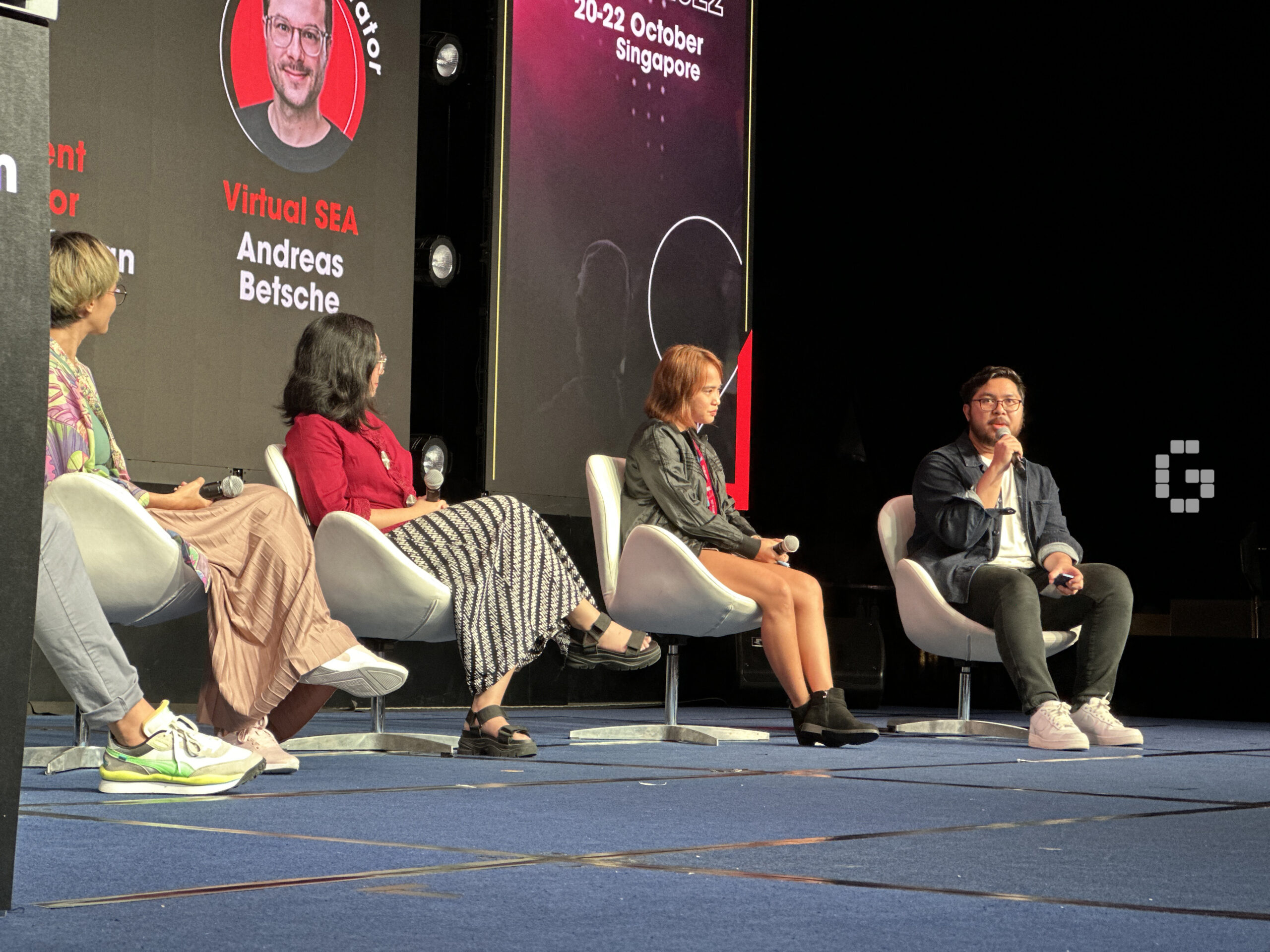
Is there anything you want to say to all the Southeast Asian readers before we end off the interview.
Mathias: I hope everybody is excited for what’s to come, especially the addition of the Business to Consumer area that we have something for the fans. That’s something we are really excited about. For the trade off, we made a big step now and there’s a lot to come.
We’d like to thank Mathias Kuepper for taking the time to answer all our questions in the interview.




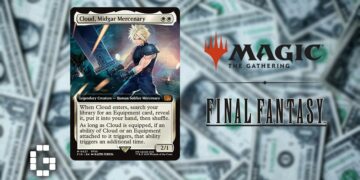
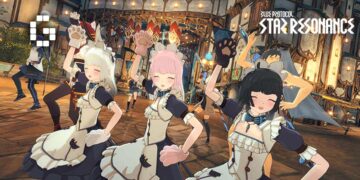
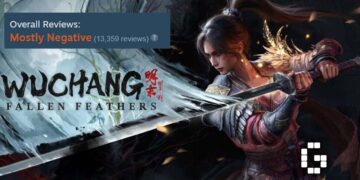

![[GUIDE] Ragnarok Crush Codes & How to Redeem Them](https://cdn.gamerbraves.com/2025/07/GUIDE-Ragnarok-Crush-Redem-Code_Guide_FI-360x180.jpg)


![[EXCLUSIVE] Creative Masterminds from Gearbox Software Reveal What Makes Borderlands 4 Worth the Wait](https://cdn.gamerbraves.com/2025/07/Borderlands-4-at-Bilibili-World-2025_Interview_FI-360x180.jpg)


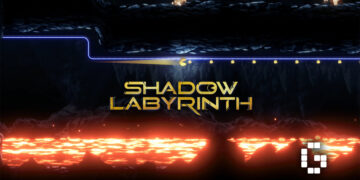

![[ASIA EXCLUSIVE] Bringing Back a Classic: Inside the Making of FINAL FANTASY TACTICS – The Ivalice Chronicles](https://cdn.gamerbraves.com/2025/06/FFT-Ivalice-Chronicles_Interview_FI2-360x180.jpg)





